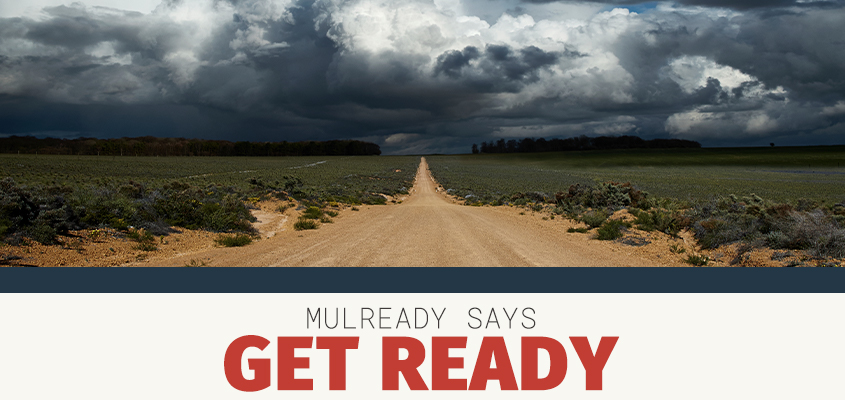

Earthquakes have increased in Oklahoma over the last several years. Many people are now considering earthquake insurance to protect their property. Here are some common questions people have about the coverage.
Do I need earthquake insurance?
A standard homeowner’s policy does not cover earthquake damage. Earthquake insurance is available as an endorsement or a stand-alone policy. Due to the possibility of aftershocks, insurance companies may impose a waiting period anywhere from 72 hours to 60 days after an earthquake, depending on the magnitude.
What does earthquake insurance cover?
Earthquake insurance covers repairs needed because of earthquake damage to your home and may cover other structures not attached to your house, like a garage. Some policies also insure your personal property against damage. It may also cover increased costs to meet current building codes, costs to stabilize the land under your home and debris removal. The coverage can also pay for the extra living expenses you may have while your home is being rebuilt or repaired.
What isn’t covered by earthquake insurance?
Exclusions vary by policy. Review your earthquake coverage to understand what is not covered or speak to your agent. Some of the most common exclusions for earthquake insurance are masonry (brick) veneer, vehicles and pre-existing damage. Please keep in mind that this kind of coverage is for catastrophic loss, not minor repairs.
How much does earthquake insurance cost?
Typically, an Oklahoma homeowner can expect to pay $50 to $300 per year for earthquake coverage.
Earthquake insurance premiums are determined by a number of factors. Things like the size, location and age of your home, the construction type and the cost to rebuild are all considerations in determination of premium.
Another factor is whether you chose to insure your home and its contents for replacement cost or actual cash value. Replacement cost pays to rebuild your home or repair damages using materials of similar kind and quality. Actual cash value is the value of your home considering its age and wear and tear. Actual cash value coverage pays you for your property loss, but often doesn’t pay enough to fully repair or replace the property.
Finally, the deductible will impact the cost and value of earthquake insurance. As with homeowners insurance, a larger deductible means you’ll be responsible for more of the loss. It also means a lower premium for you. BEWARE: Earthquake deductibles are a percentage of the insured value of your home and not the usual $500 to $1000 deductibles encountered in homeowners insurance.
How much coverage do I need?
How much coverage is right for you depends on your financial situation. Insuring your home for its appraisal or loan value could mean you’ll only have enough coverage to repay your lender. It may not be enough to repair or rebuild your home, especially if it’s a total loss.
The following are questions that may help you decide how much coverage you need:
• How much would it cost to repair or rebuild your home? How much of that cost could you personally pay?
• How much would it cost to replace your household items such as furniture, appliances, electronics and clothing?
• How much would it cost to find a temporary place to live if you couldn’t live in your home after an earthquake?
Talk to your insurance agent about the answers to these questions to get the right type and amount of coverage.
Does earthquake insurance cover earthquakes caused by wastewater injection?
It depends on the policy language. When shopping for coverage, ask your insurance agent to confirm that manmade earthquakes due to oil and gas activities are covered.
Earthquakes in OK
- https://earthquaketrack.com/p/united-states/oklahoma/recent
- https://www.allquakes.com/earthquakes/oklahoma-past30days.html
Earthquake Safety
